Preston Lane: There’s the idea that your audience, both people who are from the South and people who have moved to the South, comes from various backgrounds, that those audiences become our region. When we are in dialogue with them, we are ultimately doing regionally specific work. I think about the who/what/how, because there are Southern writers who are deeply connected with the stories of this region—North Carolina writers like Reynolds Price, Jill McCorkle, Lee Smith, who are telling the stories of where they grew up, of the people they know—but also other writers who have come to North Carolina and are writing about other worlds.
One of my favorite novels ever written is A Tree Grows in Brooklyn, which is a beautiful story about the immigrant experience in Brooklyn, but it was written by Betty Smith who was huddled against a chimney in an attic apartment in Chapel Hill. That is a North Carolina story as well, even though it addresses another world. Sometimes I think when we talk about regionally specific work, we want to make it seem provincial.
Vivienne: I totally agree.
Preston: It isn’t provincial at all. If you think about the great regionalists, back in the early part of the twentieth century, those great painters and writers who were so specifically about a region, that work communicated far beyond the region itself.
Vivienne: While it’s cliché, it’s true that stories about a very specific place can have the most universal impact. Those are the stories that truly allow people to see themselves reflected.
Preston: I think it’s absolutely essential that you aren’t pandering to a regional audience; you’re engaging with them. You’re challenging and provoking and raising questions about the region that you’re telling the story about.
Vivienne: Right now, there’s so much volatility and judgment around the politics of our state that, nationally, there’s this thinking that most North Carolinians’ point of view is strictly conservative and narrow. That is so much more limited than what’s actually going on here. That’s what I’ve been struck by, being a Yankee. I landed here just over three years ago, and the first year people were constantly apologizing, saying “This isn’t us, this isn’t us.” And what I’ve realized is that it really isn’t. There are so many rich, complex stories from so many points of view that are relatable, important, entertaining. They all exist and have a size and capacity that is so much bigger than just the politics that have defined us.
Preston: That’s so true. The politics that have defined us have been a matter of redistricting and money. That hasn’t actually changed the brilliant complexity of North Carolina, which has always had a very progressive force and a not progressive force—two sides that have been in conversation and argument and debate and pushback against each other for as long as I can remember.
Lauren: I’m from Missouri, where Right to Work was just voted down, which was pretty shocking to me. I’m thinking a lot about the complexity of there being two large groups of people with very different political opinions, where political outcomes can still be surprising because there is a real divide in the state. Can you talk a little bit about where you’re from and how that view informs the way you think about the work you’re doing?
Vivienne: I am a New York City native. My attachment to the South was that people joked my mother was the northeast European version of Blanche DuBois, and someday I would play that role because I understood it. Now that I’m finally in the South, I kind of get it. A month after being here, House Bill 2 passed, and we were in the cycle of the Trump election. To land at that moment, and to serve a major cultural institution in the state, felt like a great responsibility. I had a lot of people asking me, “What are you going to do about the politics? Are you nervous about what you produce?” and I said, “Look, if I get kicked out because of my politics, so be it.” I knew PlayMakers had to be in the conversation.
I love that Preston is taking risks as an author, producer, and artistic director. He’s putting personal and political stories in front of people, stories that are specifically about the place they call home, stories that might not be reflected back to them otherwise in the typical regional theatre canon.
It’s who you’re asking to write, what people are thinking about and talking about, and how our history has affected who and where we are today that makes us need to tell certain stories.
Preston: I come from the mountains of North Carolina. Of course, being Appalachian is different from being Southern. It’s a very different experience, a very different history, so in some ways the Piedmont of North Carolina—where Triad Stage is located—is foreign to me even though many people moved from the mountains to the Piedmont to work in the textile mills. Many of my relatives moved down from the mountains. On my mother’s side, my family in the mountains goes back to the eighteenth century, and my father’s side goes back, that far as well, to east Tennessee, which was North Carolina at the time. Even though my parents went to college, we moved back to the Appalachian mountains, lived in that very, very rural Appalachian world—a world of financial poverty but one of enormous wealth when it comes to stories and folklore and religiosity.
I was very much formed by that, but I was trained as a classical theatre director and have lost interest in that. Somewhere along the line I read this quote by Ibsen—and I can’t find it, so maybe I made it up—but basically he said, “If my plays are going to survive they’re going to have to be re-invented by every generation,” and it gave me an incredible amount of freedom to imagine that we, as theatremakers, would start re-inventing plays. Every time we came to a play, we would come to it as though it was new, and we could reinvent it and find the way it was relevant for my audience.
After having worked elsewhere, including New York City, I decided to come back to North Carolina. What is important to me is that theatre be in conversation—conversation that is two-sided. I was not interested in telling stories with people who agreed with me all the time. When we were in the process of founding Triad Stage, I really enjoyed that in Greensboro, which is a blue bubble surrounded by a red expanse, I would have both audiences. I wasn’t trying to please one and push away the other but be in conversation about issues that my community faced, issues that needed to have different voices engaged for us to move forward.
Vivienne: As a New Yorker, I had an “aha” moment about a year and a half after being here when I went back to New York to see a show. I sat there and was like “Oh, this is really smart theatre being made for other theatre artists. Or other artists in general.” I felt it in a way that I had never felt it before. I realized that producing work here meant being in intimate conversation with my audience, and that audience is made of real people who live their lives here, who come to the theatre to fill a particular place in their lives. Very different from a place where artists are making art mostly for each other.
That was a huge wakeup call for me. But the stories being told here shouldn’t be a hidden mystery just for the people of the South either; they are speaking to the nation and to the global community that we have. Now the question is: How can we authentically amplify those voices?

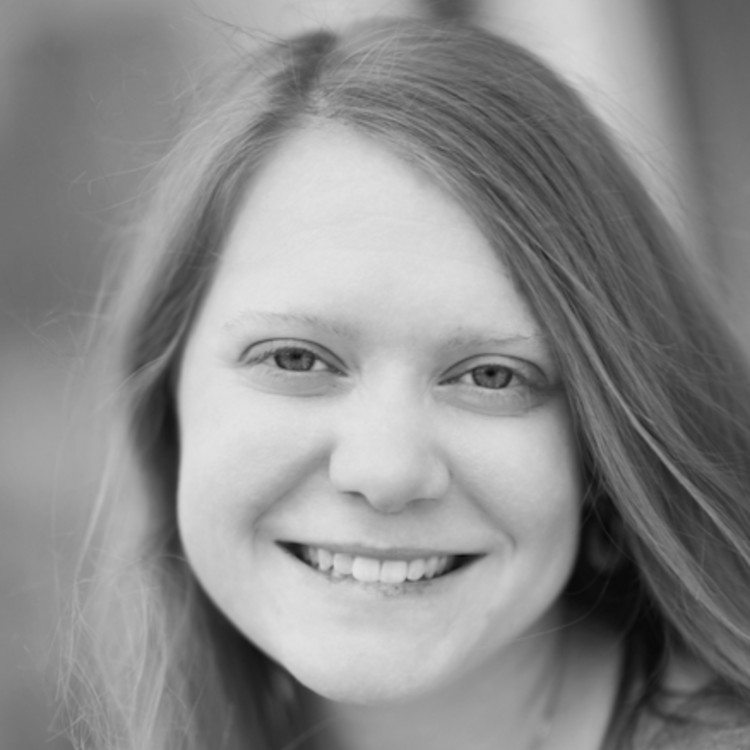
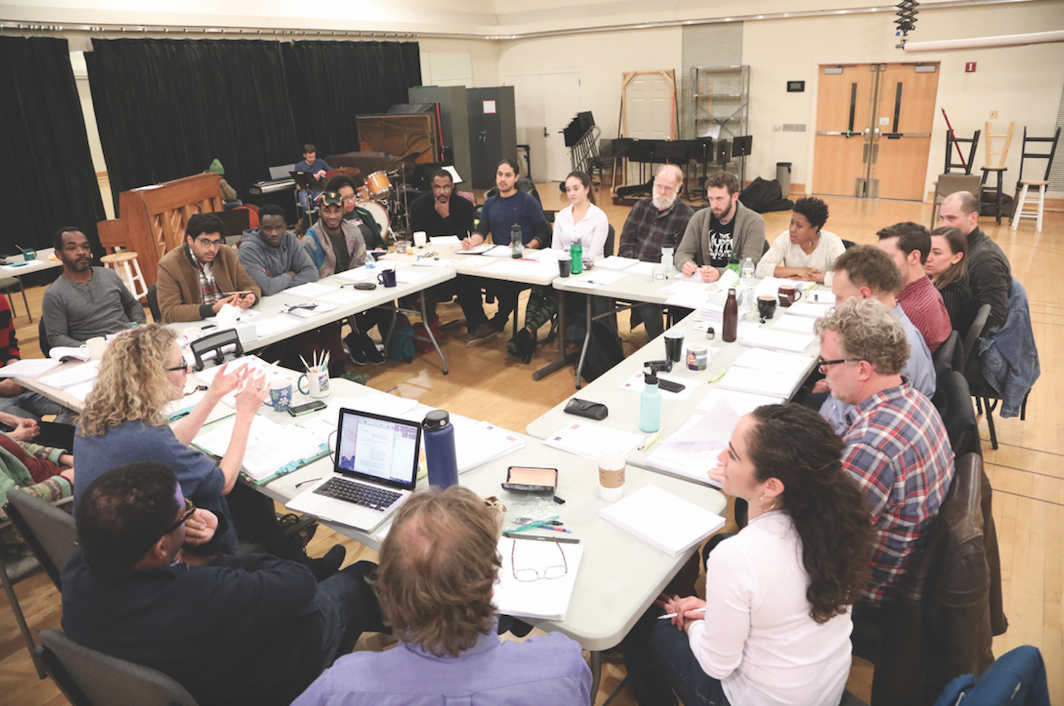
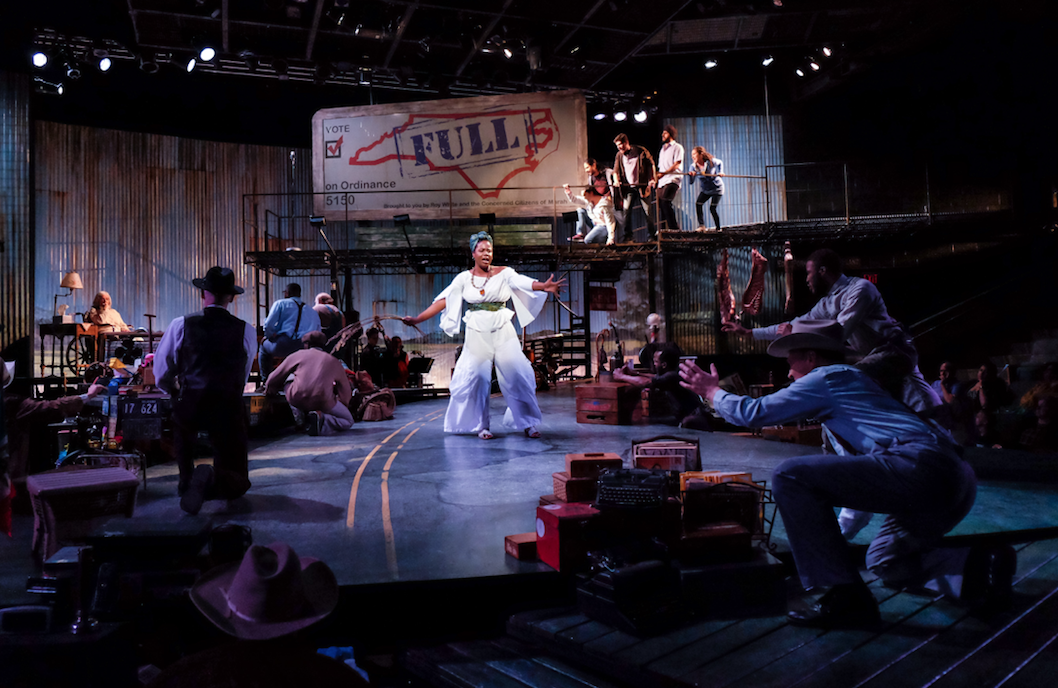
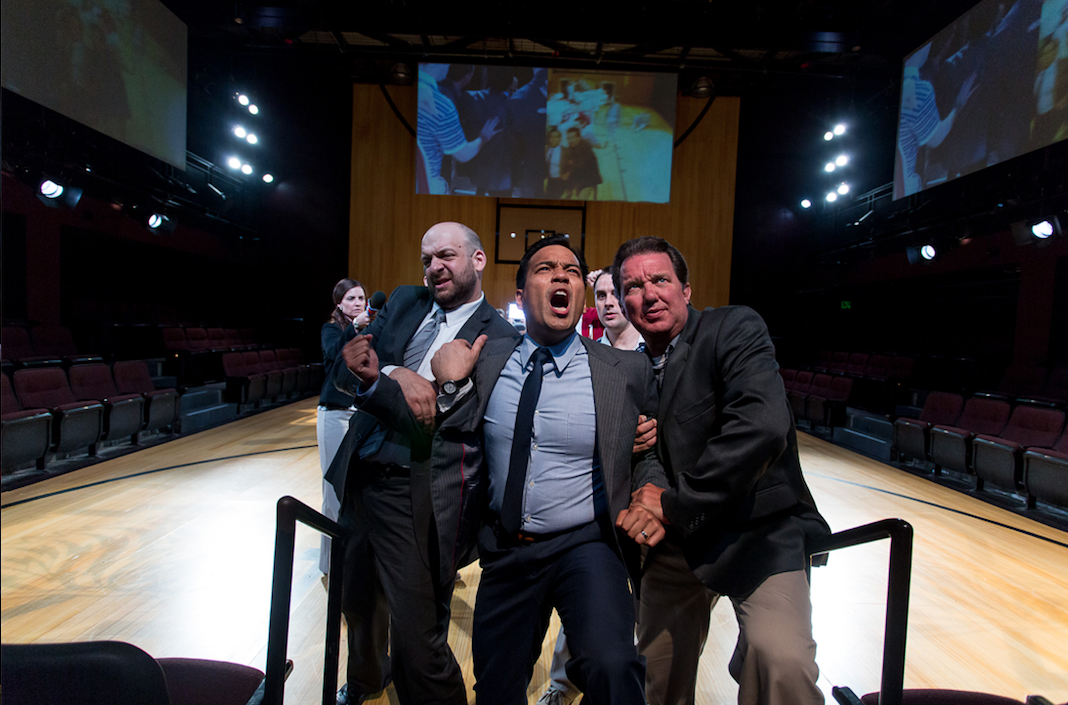
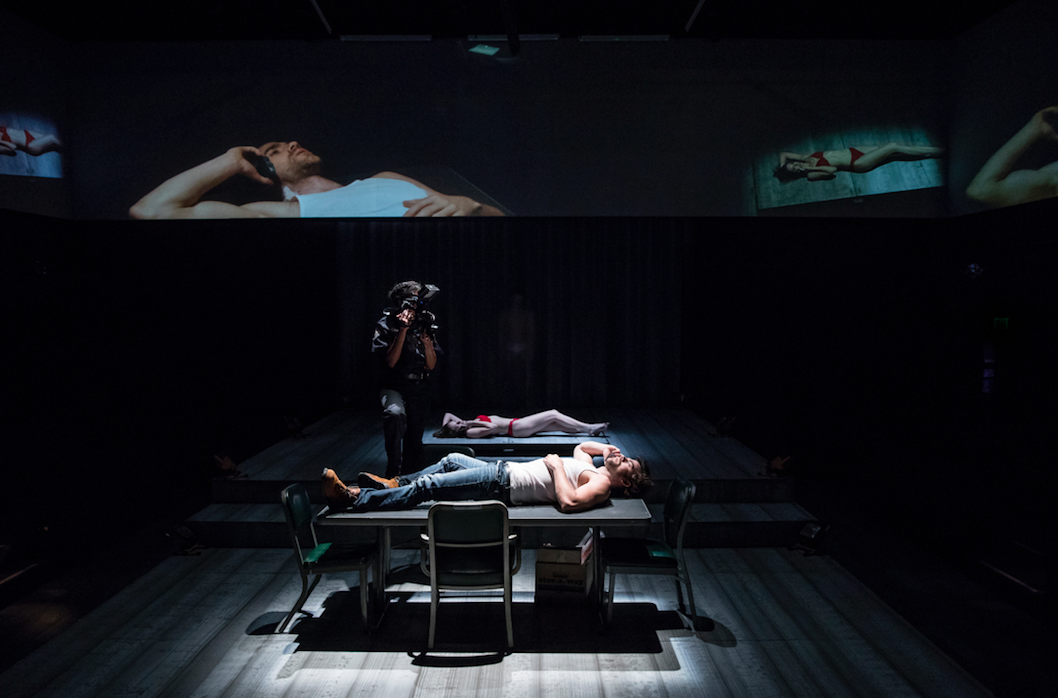



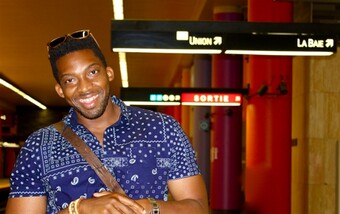





Comments
The article is just the start of the conversation—we want to know what you think about this subject, too! HowlRound is a space for knowledge-sharing, and we welcome spirited, thoughtful, and on-topic dialogue. Find our full comments policy here